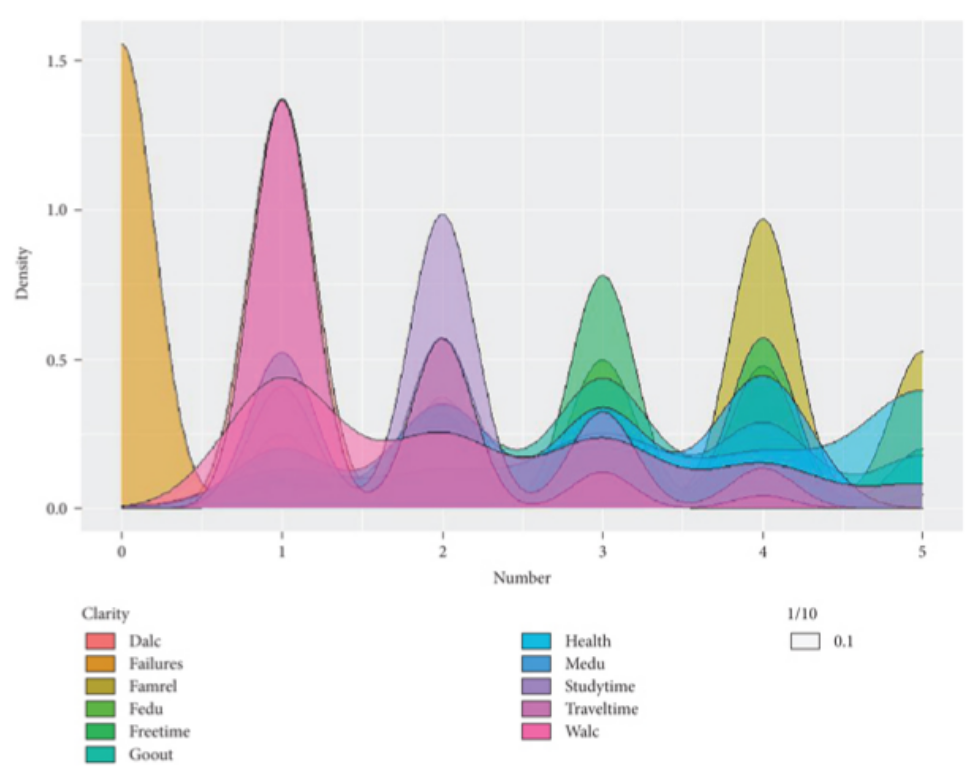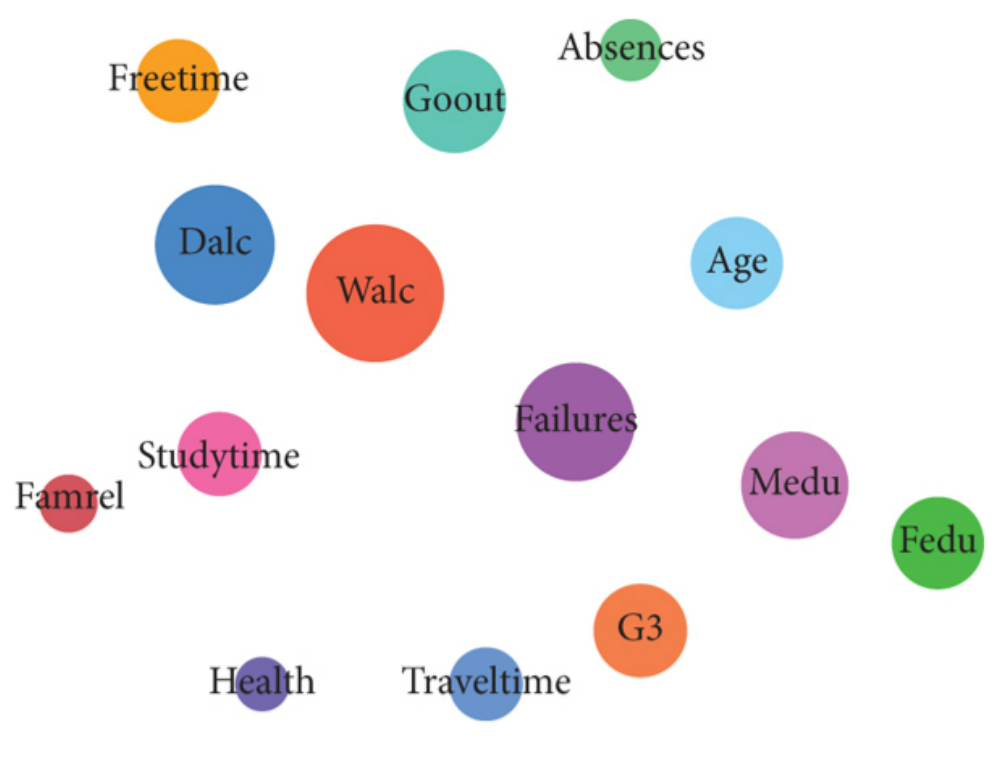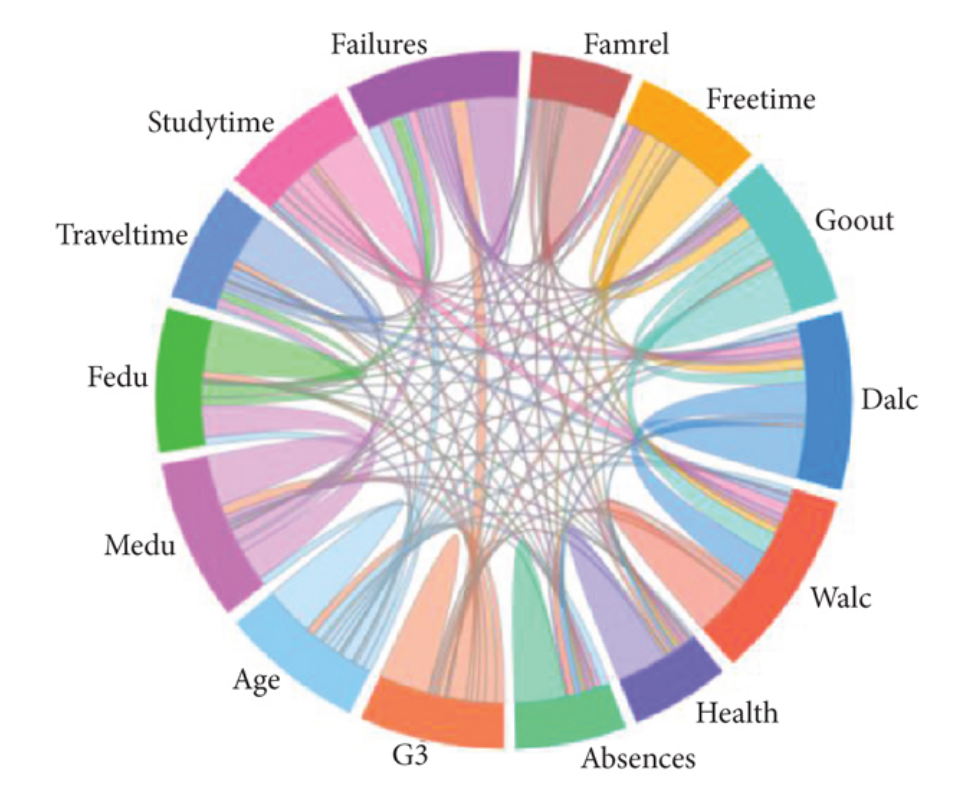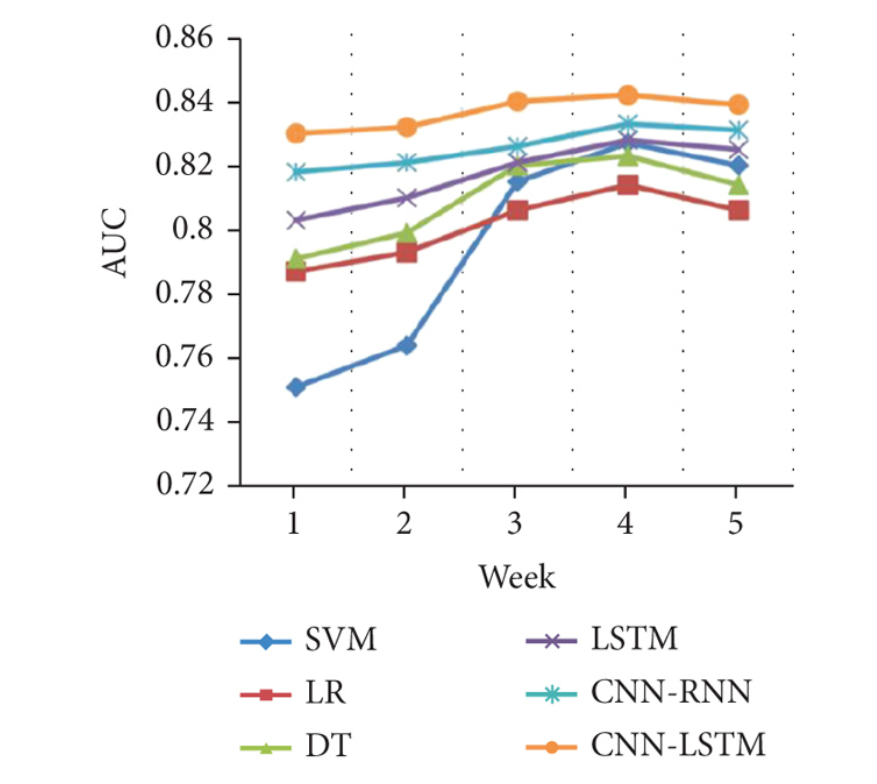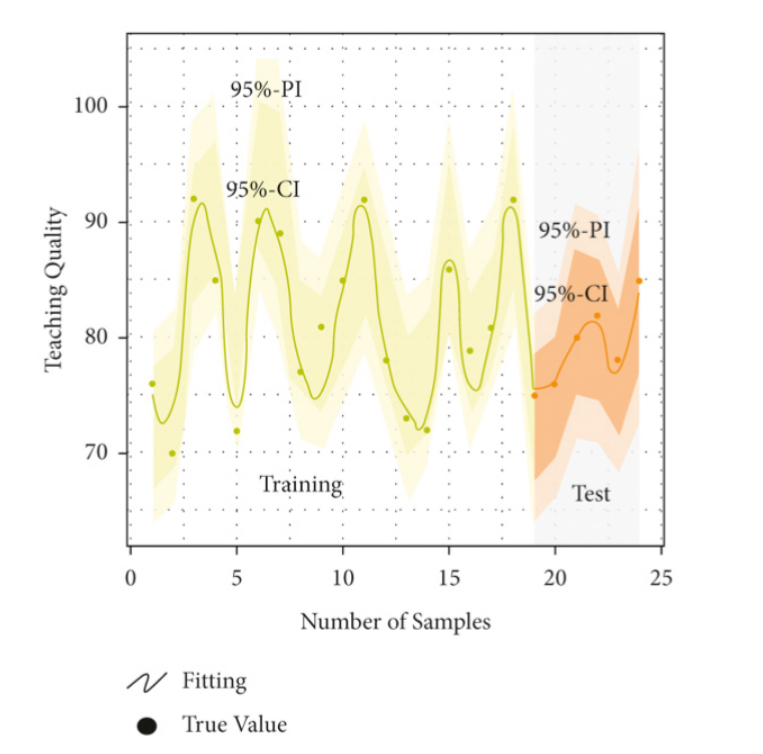 An open access journal
An open access journal
Exploring the Role of Arts Education in Environmental Awareness and Sustainability: Fostering Ecological Citizenship and Advocacy
Abstract
This paper investigates the role of arts education in promoting environmental awareness and sustainability, with a focus on fostering ecological citizenship and advocacy among learners. Drawing on literature from education, environmental studies, and eco-art, the paper explores how arts-based approaches can engage students in critical inquiry, reflection, and action around environmental issues. It discusses the potential of the arts to evoke emotional connections to nature, inspire ecological imagination, and cultivate a sense of responsibility towards the environment. The paper highlights the transformative power of arts education in nurturing ecological literacy, promoting sustainable practices, and advocating for environmental justice. It examines pedagogical strategies for integrating environmental themes into arts education curricula, such as eco-art projects, place-based learning, and eco-drama performances, that empower students to become agents of positive environmental change. Through case studies and examples, the paper showcases successful initiatives in environmental arts education, including eco-friendly art installations, community-based environmental art projects, and interdisciplinary collaborations with environmental organizations. Additionally, the paper addresses challenges such as the commodification of nature, the role of technology in environmental education, and the need for systemic change towards sustainability. It concludes by advocating for a holistic approach to arts education that embraces environmental stewardship as a core value and prepares students to address the complex environmental challenges of the 21st century.
Share and Cite
Article Metrics
References
- Bowers, C. A. (2001). Educating for Eco-Justice and Community. Athens, GA: University of Georgia Press.
- Gruenewald, D. A., & Smith, G. A. (Eds.). (2008). Place-Based Education in the Global Age: Local Diversity. Routledge.
- Orr, D. W. (1994). Earth in Mind: On Education, Environment, and the Human Prospect. Island Press.
- Palmer, J. A. (1998). Environmental Education in the 21st Century: Theory, Practice, Progress and Promise. Routledge.
- Sobel, D. (2004). Place-Based Education: Connecting Classrooms and Communities. Orion Society.
- Stevenson, R. B., Brody, M., Dillon, J., & Wals, A. E. (2013). International Handbook of Research on Environmental Education. Routledge.
- Sturgeon, J. C. (2000). Ecofeminist Natures: Race, Gender, Feminist Theory and Political Action. Routledge.

